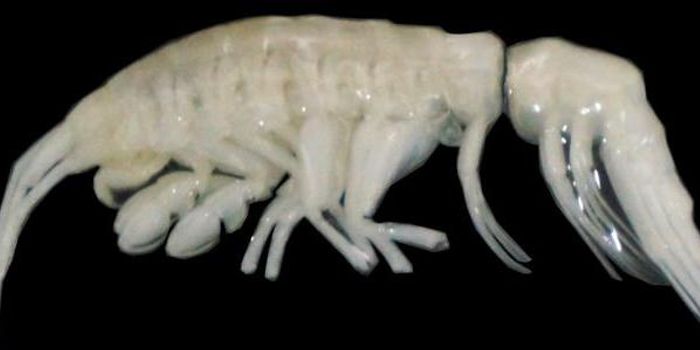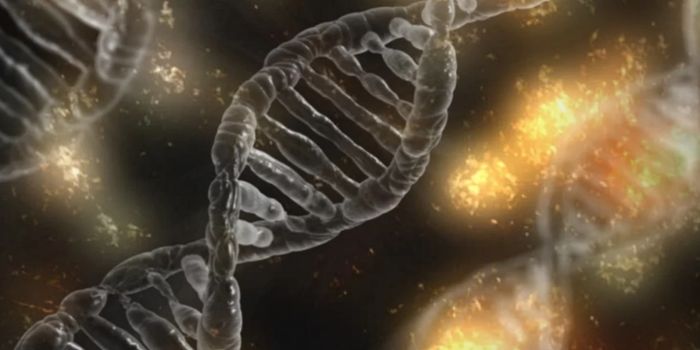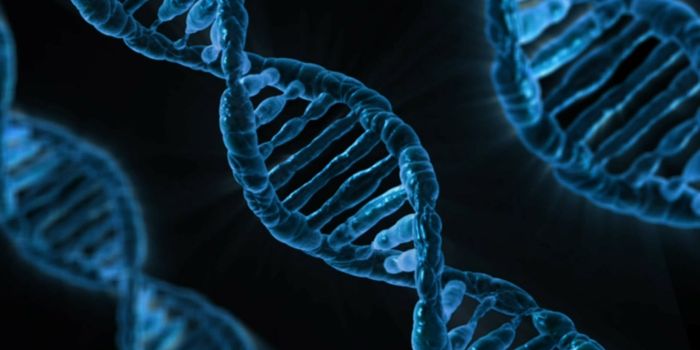Insights Into a Phenomenon of Aging - Clonal Hematopoiesis
Our body generates a lot of blood cells - on the order of billions of cells every day. Stem cells in the bone marrow give rise to blood cells in a process known as hematopoiesis. As we age, the DNA in cells can pick up mutations because of many different factors, including environmental influences. Mutations that cells acquire during our lifetime, as opposed to those we are born with, are known as somatic mutations, and they can also occur in hematopoietic stem cells. Some mutations may also give certain cells an advantage over others as time goes on, and they may expand into a larger population of cells, which is known as clonal expansion or 'clonal hematopoiesis' when it happens in a blood cell. These cells become more common in people as they age.
When clonal hematopoiesis happens in the absence of a condition like cytopenia, it is referred to as clonal haematopoiesis of indeterminate potential (CHIP), which is now known to be a common age-related condition.
CHIP has been associated with an increase in the risk of infection, cardiovascular disease, and all-cause mortality. Because of the many links between CHIP and other diseases, scientists want to know more about whether and how people might be predisposed to this condition.
A new study has confirmed the previously identified associations; connections between certain CHIP variants and a variety of disorders including COVID-19, heart problems, and obesity were found.
Researchers analyzed the sequences of 23 genes that have been linked to CHIP, using genetic data from 628,388 individuals in the UK Biobank and the Geisinger MyCode Community Health Initiative. The findings have been reported in Nature. This work identified 57 variants that are significantly associated with CHIP and 40,208 carriers.
A rare mutation causing a frameshift in a gene called CHEK2 was also significantly associated with CHIP. Variants in a telomere gene called CTC1 were also linked to CHIP.
The research also showed that CHIP carriers had a significantly increased risk of blood cancer, and myeloproliferative neoplasms in particular. For individuals in the UK Biobank, the research showed that there was also a higher likelihood of lung cancer, prostate cancer, and non-melanoma skin cancer. However, that finding did not hold true for those in the Geisinger cohort.
The study authors noted that this research has different health implications for different carriers, in part because there are many inborn genetic variants that are now linked to the development of CHIP.
Sources: Nature, Nature Reviews Genetics









